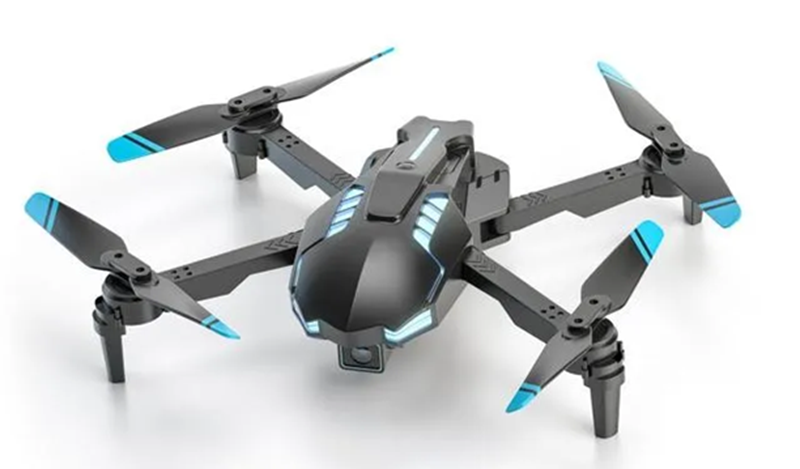In recent years, with the continuous advancement of technology and technology, as well as the rapid rise of the consumer electronics market, “blockbuster” products have been launched in the fields of drone technology, humanoid robots, optical communications, optical sensing, laser technology, etc., which can reshape the modern era. social structure. These applications not only significantly improve our quality of life, but also greatly drive innovation and development in related industries.
01 Low-altitude economy and drone technology
Low-altitude aircraft: With the development and application of new aircraft such as eVTOL (electric vertical take-off and landing aircraft), the low-altitude economy is facing new growth opportunities. These aircraft play an important role in emergency response, logistics, transportation, entertainment, agricultural and forestry inspection, etc. Optical technologies such as lidar and vision sensors are critical for autonomous navigation, obstacle avoidance and environmental awareness of these aircraft.
Drone technology: The optical lens on the drone is used for a variety of purposes such as aerial photography, surveying and mapping, and agricultural monitoring. By collecting high-definition images and videos, it provides valuable data support for various industries.
02 Humanoid Robots and Intelligent Perception
Perception Systems: The perception systems of humanoid robots act as their “senses,” enabling them to perceive their surroundings. Optical devices such as LiDAR and cameras provide humanoid robots with high-precision, high-resolution 3D environmental perception capabilities, allowing them to autonomously navigate and avoid obstacles in complex environments.
Intelligent Interaction: With the continuous advancement of optical technology, humanoid robots are now able to exhibit more natural and fluid interactions in human-robot communication. They can establish closer connections with users through methods such as facial recognition and eye contact.
03 Application of optical technology in healthcare field
Imaging technology: In the medical field, optical imaging technologies such as endoscopy and optical coherence tomography are widely used in disease diagnosis and treatment. These technologies capture images of the body’s internal physiological structures, providing doctors with accurate and intuitive visual information.
Photodynamic therapy: A treatment that uses specific wavelengths of light to activate drugs to kill cancer cells or other abnormal cells. This method has the advantages of high selectivity, small side effects, and low recurrence rate.
04 Optical Communication Technology
High Capacity and Long-Distance Transmission: Optical communication technology, with its advantages of high capacity and long-distance transmission, has become an essential component of modern communication. With the development of AI, 5G, and other technologies, optical communication is continuously being upgraded to meet higher transmission demands.
Optical fiber communication and wireless optical communication: Optical fiber communication uses optical fiber as the transmission medium to achieve high-speed, low-loss information transmission. Wireless optical communication uses visible light or near-infrared light as the carrier of information transmission, which has the advantages of high speed, low power consumption, and high security.
05 Virtual reality and augmented reality
VR/AR technology: Optical lenses play a vital role in VR and AR devices, enhancing user perception by creating an immersive visual experience. These technologies are widely used in various fields such as education, medical care, and entertainment.
06 Smart wearable devices and smart terminals
Optical sensors: Smart wearable devices and smart terminals widely integrate optical sensors, such as heart rate monitors and blood oxygen saturation monitors. These sensors capture optical signals from the user’s body to monitor health and activity data.
With the continuous development of new display technologies such as OLED and Micro LED, the display performance of smart terminals has been significantly enhanced. These technologies not only improve image clarity and color saturation, but also reduce energy consumption and costs.
To sum up, the application of optical technology in modern life is becoming increasingly widespread and profound. These technologies not only improve our quality of life and work efficiency, but also drive rapid development and innovation in related industries. With the continuous advancement of technology and the expansion of application scenarios, optical technology will continue to illuminate our lives in the future.
Media Contact
Company Name: Suzhou Jiujon Optics Co., Ltd.
Email: Send Email
Country: China
Website: https://www.jiujonoptics.com/















